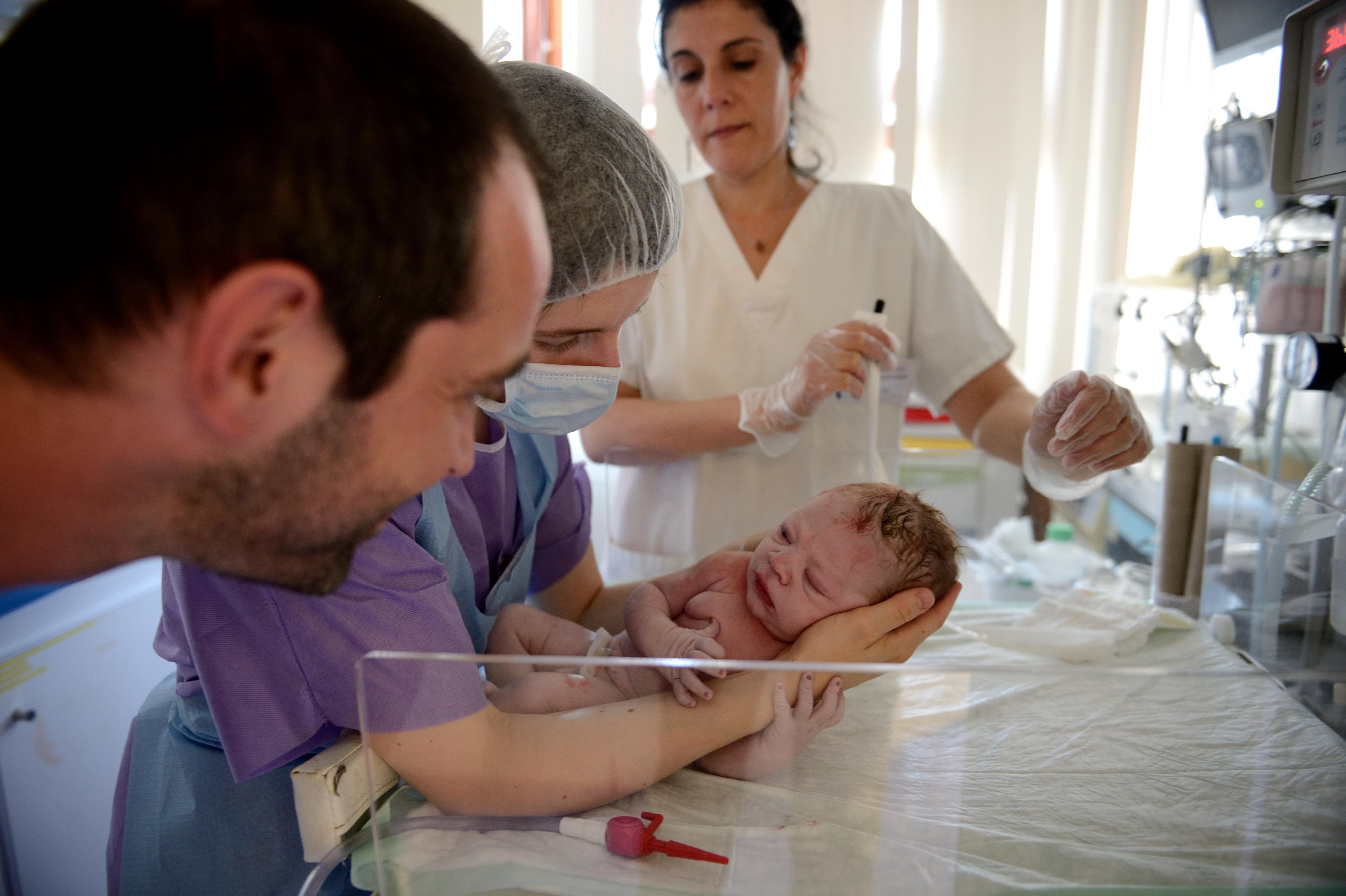There’s a new study from the Cochrane Collection about midwife-led care for pregnant women in the United Kingdom. Researchers looked at 13 different studies of more than 13,000 pregnant women with both low-risk and increased-risk pregnancies. They found that there were no downsides for pregnant women, even high-risk pregnant women, who were cared for by licensed midwives. There was no difference in the percentage of cesarean sections performed, but pregnant women who had doctors as their main providers were more likely to get induced and to get epidurals and episiotomies. Women who went to midwives had a lower chance of preterm birth and an equal chance of miscarriage as women who went to doctors.
In the U.K., almost 70 percent of births are attended by midwives, while in the U.S., that number is around 8 percent. So what does this study mean for women in America? It’s proof that licensed, trained midwives can provide quality care for pregnant women.
A recent systemic review of American midwives has shown that care by certified nurse midwives is safe and effective. That study, published in the journal Womens Health Issues in 2012, pointed out that, as in the U.K., midwives use fewer medical interventions than doctors do.
So what’s holding midwives here back? Eileen Beard, the senior practice adviser at the American College of Nurse-Midwives, described to me a recent phone call she got from a Texas physician who wanted to add a midwife to his practice. That doctor told Beard that at his hospital the “C-section rate was really high, and he thought his colleagues were intervening too much. He really felt if he could have a midwife, that would improve his practice, but when he tried to get a midwife credentialed in his hospital, they said no.” The hospital did not give him a reason why they would not allow it. Beard says she hears stories like this all the time.
This is not to say that everyone should have a midwife or that medical interventions are unnecessary. But wouldn’t it be better if women had a choice—a choice that will only come when the U.S medical establishment figures out its fraught relationship with midwifery? Of course a healthy delivery is of utmost importance. But studies have shown that the way women feel about their first deliveries has long-lasting consequences. Women who had positive birth experiences felt they “accomplished something important, that they were in control, and that the birth experience contributed to their self-confidence and self-esteem.” That’s something worth pushing for.
